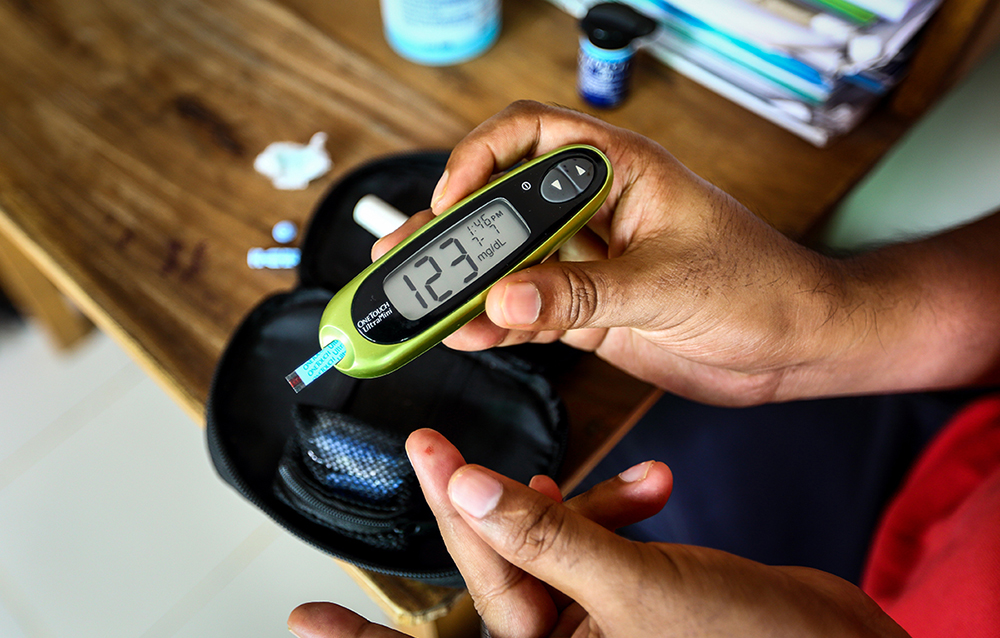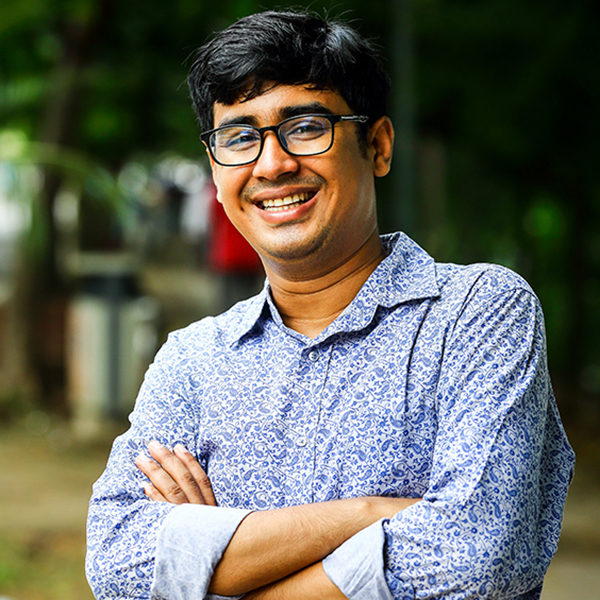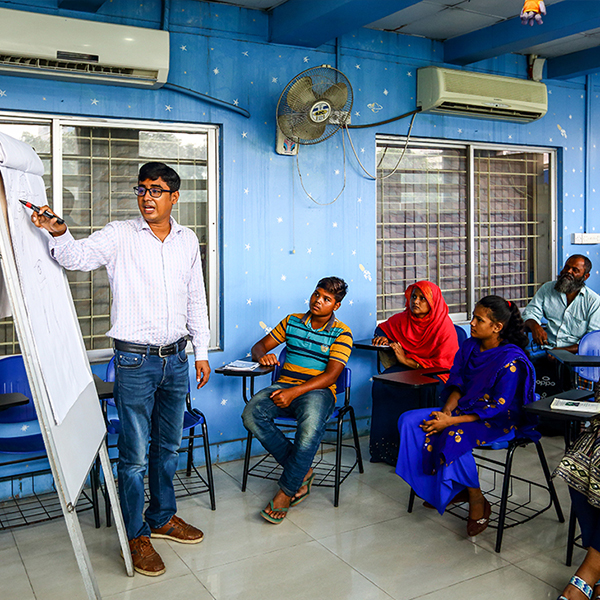Tazul Islam, Bangladesh
I was 16 when I was diagnosed and getting ready to take my final secondary school exams. I was losing a lot of weight, feeling weak, tired and thirsty and going to the toilet often. My parents thought that this was linked to the stress I was under for the exams.
My diagnosis had a huge impact on me, my family and friends. I am an only child and my parents were very worried about my future. Misguided and misinformed comments from other people (“He can’t live long” “His eyes and kidneys will be damaged soon”) made things worse. I felt alone and depressed. My parents hid my condition from other others and told me not to talk about it with anyone. They used to lock me in a room and I was not allowed to go outside by myself. They also tried alternative remedies to stop me having to take insulin. When my friends found out that I had diabetes, they bullied and made fun of me. They would say that a person with diabetes could not get married because they are impotent.
When I was diagnosed, limited services and facilities were available for children with type 1 diabetes in my country. I was treated with people living with type 2 diabetes, which had a negative effect on my diabetes management. I had trouble managing my blood glucose levels and my HbA1c was high. Things improved when I started receiving support from the Changing Diabetes in Children Program (CDiC) Paediatric Diabetes Center at BIRDEM General Hospital and Life for a Child. I met other children with type 1 diabetes and was provided with free insulin, care, education and counseling. Interacting with other people with type 1 diabetes inspired me to manage my diabetes better and improved my quality of life.



